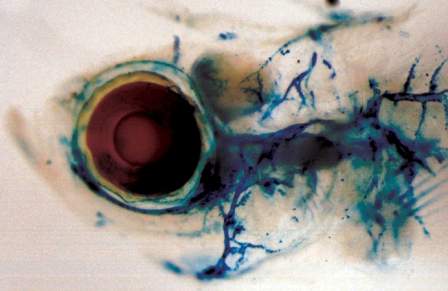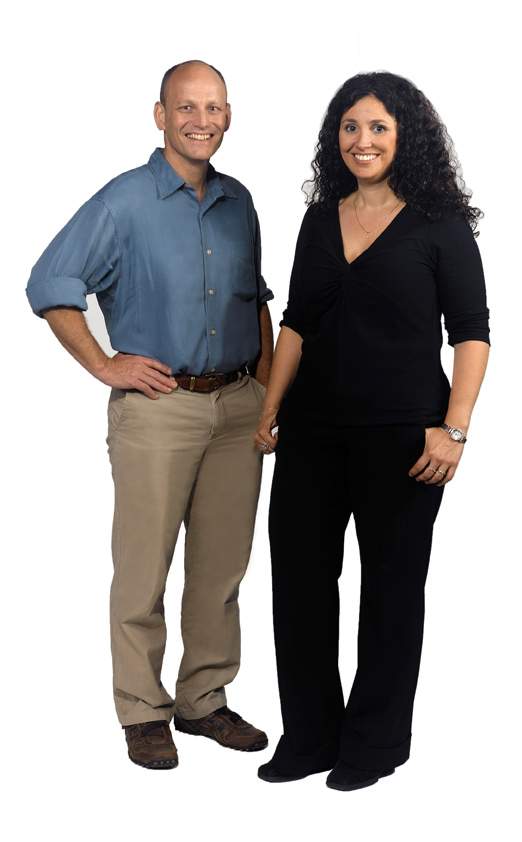It has been called a mystery and a miracle. It is truly a process so complex that we’re just beginning to tease apart the series of events that produces a complete organism in a matter of days, weeks or months. It begins with the genome: the set of genes often described as the blueprint for a body. But genes only carry instructions for making proteins. How much of each kind of protein, how many of each kind of cell, how those cells differentiate and develop, and how they form a heart or an artery – these are “written” in intricate layers of interaction between genes, proteins, cells, developing organs and even the embryo’s environment.
Just unraveling the progress of a single organ is an extremely ambitious undertaking. How does the heart, for example, grow into a piece of precision machinery with chambers, valves and perfectly synchronized pumping mechanisms? And how do the branching veins and arteries that transport the blood develop in concert with the growing limbs and organs?
In the Faculty of Biology, Dr. Eldad Tzahor is learning how heart cells develop. Contrary to the idea that such an organ can be generated from a single “heart” progenitor, he has found that heart cells originate in different parts of the embryo, and that the process is guided by dynamic signals, which he is now working to decipher. Dr. Karina Yaniv researches how blood and lymphatic vessels form during embryonic development. Her findings may, in the future, aid in designing methods of new blood vessel growth and renewal to treat atherosclerosis and other cardiovascular diseases, as well as in blocking the growth of blood vessels that feed tumors.
Dr. Eldad Tzahor’s research is supported by the Kahn Family Research Center for Systems Biology of the Human Cell; the Helen and Martin Kimmel Institute for Stem Cell Research; the Kirk Center for Childhood Cancer and Immunological Disorders; the Jeanne and Joseph Nissim Foundation for Life Sciences Research; and the Yeda-Sela Center for Basic Research. Dr. Tzahor is the incumbent of the Gertrude and Philip Nollman Career Development Chair.
Dr. Karina Yaniv’s research is supported by the Abraham and Sonia Rochlin Foundation; Lois Rosen, Los Angeles, CA; the estate of David Arthur Barton; the estate of Paul Ourieff; and the estate of George Talis.

